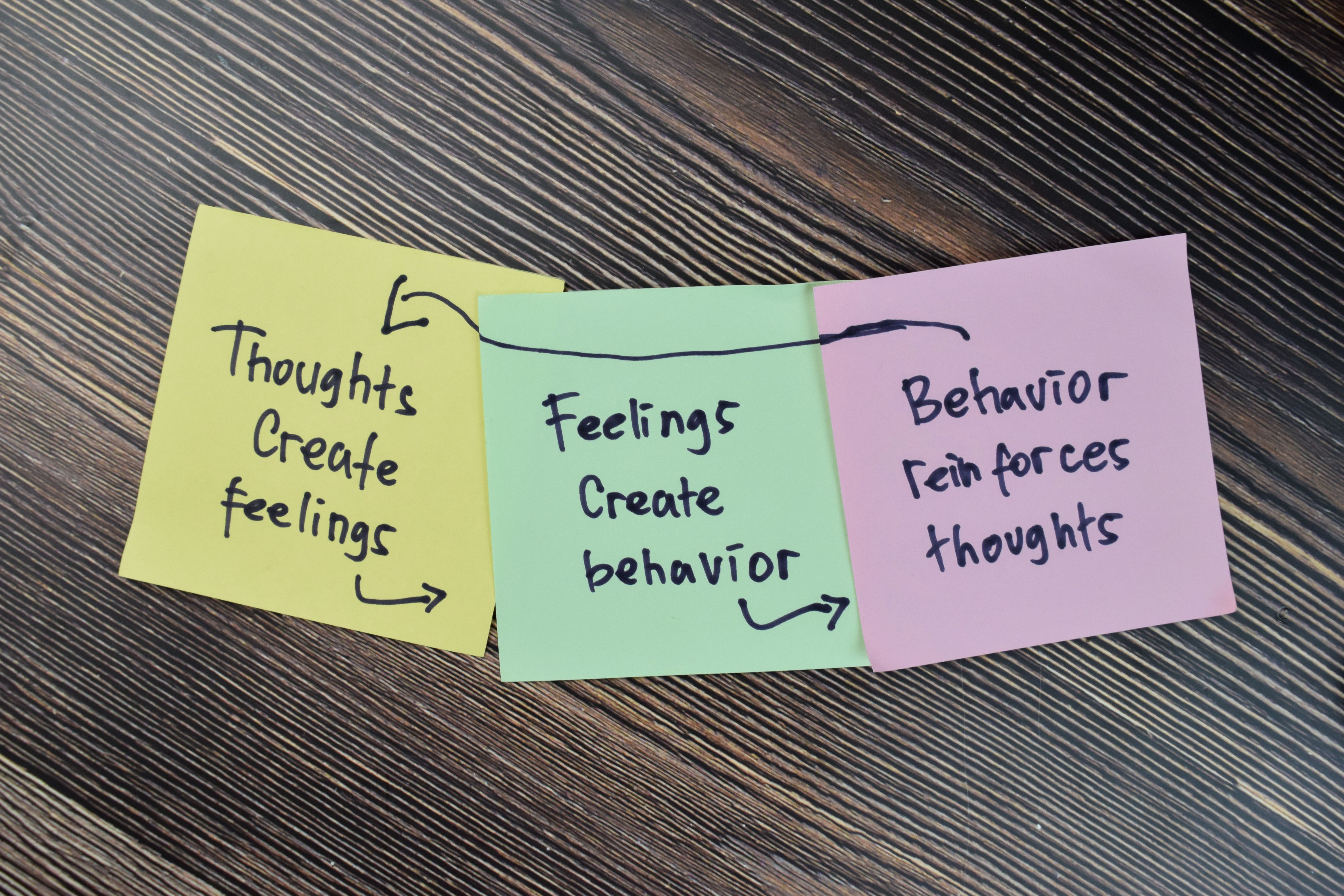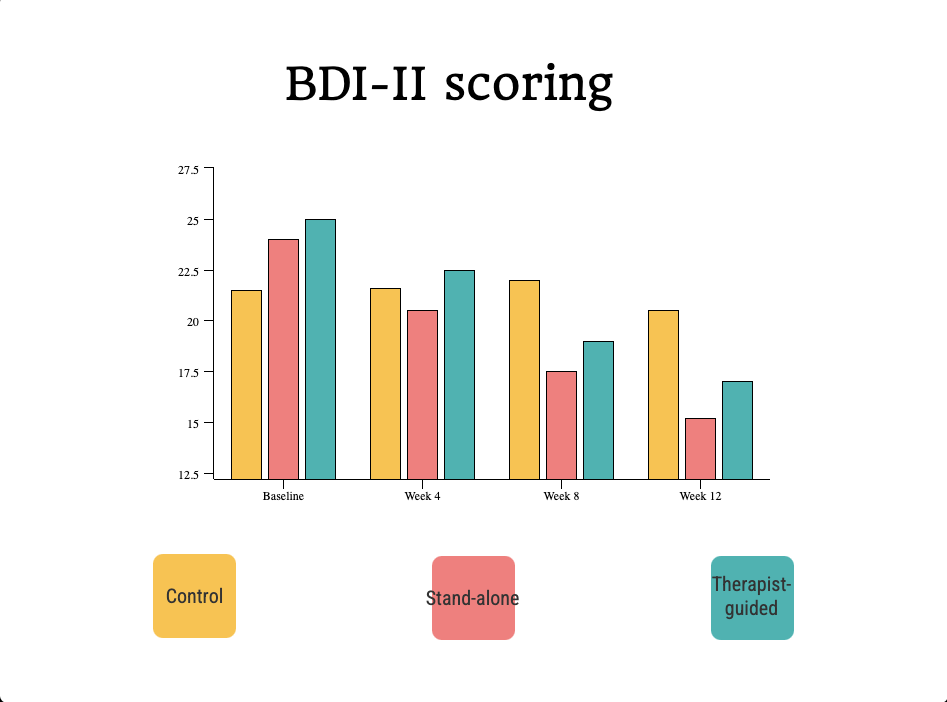
- Center on Health Equity & Access
- Clinical
- Health Care Cost
- Health Care Delivery
- Insurance
- Policy
- Technology
- Value-Based Care
Internet-Based CBT Effective for Treating MS-Related Depression, Study Finds
A phase 3, randomized, parallel-group trial showcased the efficacy of internet-based cognitive behavioral therapy (iCBT) for combatting depressive symptoms brought on by multiple sclerosis (MS).
An internet-based cognitive behavioral therapy (iCBT) program showed promise in mitigating the effects of depression experienced by patients with multiple sclerosis (MS), according to a recent study published in The Lancet Digital Health.
CBT concept | image credit: syahrir - stock.adobe.come

Individuals enduring neurological and inflammatory disorders are far more vulnerable to depression compared with the general population. Among patients with MS, depression is one of the most prevalent comorbidities and contributes to worsened disease progression, quality of life, and risk of morbidity and mortality. Notably, as the current authors mention, depression may even be an initial indication of MS.
CBT has demonstrated continual benefits in previous studies for individuals with depression; however, treatment options and therapists geared toward the needs of patients with MS—even remotely—are limited. Furthermore, fatigue and other impairments brought about by MS create additional obstacles for patients seeking these services.
Currently, there are few large-scale trials targeted toward MS-linked depression treatments. Considering this discrepancy and the barriers MS patients face with accessing adequate care, researchers set out to investigate the effectiveness of an MS-specific iCBT program for mitigating depressive symptoms in this patient population.
Participants were recruited from 5 outpatient MS care units throughout academic centers in the United States and Germany. Eligible patients were randomized 1:1:1 to stand-alone iCBT, therapist-guided iCBT, or a control that was offered access to the iCBT after 6 months. Depression severity was measured with the Beck Depression Inventory-II (BDI-II).
In total, 228 patients were included in the results. At baseline, the Patient-Determined Disease Steps (PDSS) and Expanded Disability Status Scale (EDSS) scoring indicated moderate levels of disability in participants. The iCBT groups used the program for an average of 11 days over the study period; the guided group demonstrated a higher number of logged hours (9.8 vs 7.5) and modules (9.2 vs 6.9) used during this time.
Both iCBT groups showcased significantly improved reductions in depressive symptoms compared with controls (BDI-II mean differences, control vs stand-alone: 6.32 points; P < .0001; control vs therapist guided: 5.80 points; P < .0001). The authors noted that overall quality of life improvements were also observed in the iCBT groups (measured with WHO Quality of Life-Brief Version and Multiple Sclerosis Impact Scale-29 assessments on psychological, physical, and environmental domains).

The researchers’ findings suggest that their iCBT tool is both effective and safe for treating patients with MS. Due to the improvements witnessed in both groups, as well as the remote nature of their program, they were successfully able to widen the scope of available, MS-specific treatment while addressing common hurdles (such as therapist availability or physical impairments) that bar these patients from accessing care.
Reference
Gold SM, Friede R, Meyer B, et al. Internet-delivered cognitive behavioural therapy programme to reduce depressive symptoms in patients with multiple sclerosis: a multicentre, randomised, controlled, phase 3 trial. Lancet Digit Health. 2023 Oct;5(10):e668-e678. doi:10.1016/S2589-7500(23)00109-7
2 Commerce Drive
Cranbury, NJ 08512
AJMC®
All rights reserved.